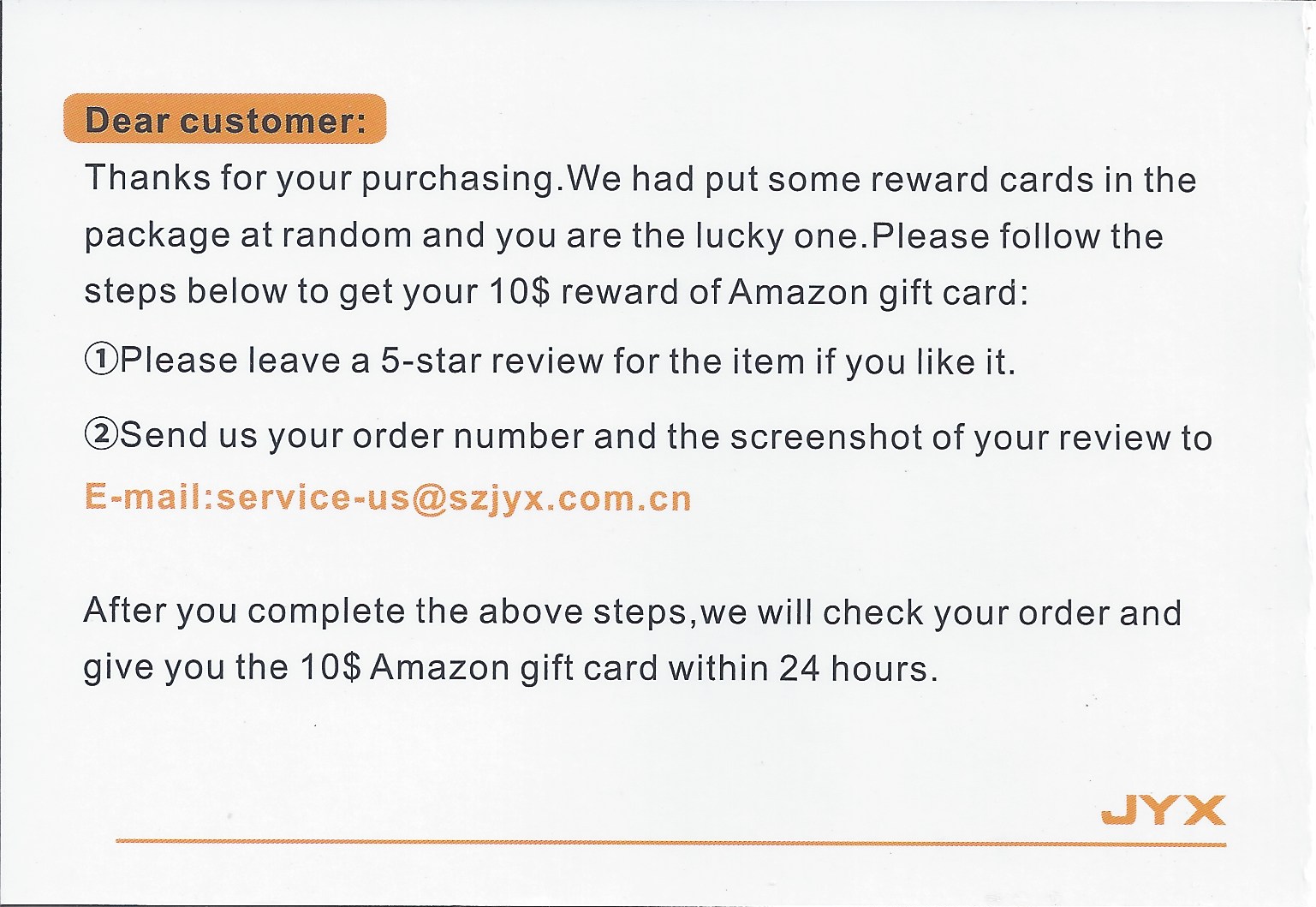With the advent of the Internet and online shopping, the potential to become more informed buyers has lost its promise.
Instead, product reviews have mostly become a for-profit enterprise that only benefits manufacturers and those who make a living reviewing products.
The Current State
This was apparent a couple months ago when I was researching an electronic device. My search for product information was generally limited to manufacturer specification sheets and marketing lies. Most available product reviews were only websites that touted the “10 Best” lists. And most of these ten best listings on every single review site, had an affiliate link to each item on the list. I think the common term for this these days is “Click Bait.”
I am familiar with affiliate product links. I use them here on this site to help defray the costs of running the blog. This is generally how it works: If you click a link to a site, it places a cookie on your computer. If you buy ANYTHING from that site over the next 30 days, the website that directed you to the link will get a commission on ANYTHING you purchase. This is why I only review products I buy at retail and I use. Normally I like to review a product after I have used it for at least 10 years. This is a poor model if one wants to make a living reviewing products. But then, I don’t claim to be any kind of expert and certainly am not making any profit here.
Getting back to the electronic device I was looking to buy. Most of the review sites listed a particular item as #1 on their list. The user reviews on sites like Amazon were stellar. Seemed like a “no brainer.”
I was skeptical. I bought it anyway since I could return it for a refund and no cost to me for return shipping. In the end, the retailer ate the return shipping because the product did not live up to the hype.
Who Can You Trust?
Buying Reviews
I recently bought a gift for Joyce. It works. It does what manufacturer says it will do. It isn’t an outstanding product, but an inexpensive mass-produced consumer good from China. We’ll keep it. But I will never, ever buy a product made by this company. Here’s why . . .
Included with the product was an “Amazon Rewards” card offer. The image is at the top of the page. What is disturbing is what was inside.
To summarize what is required to get the $10 reward card:
You have to leave a 5 star review on Amazon for the product
You have to send proof of the 5 star review to the manufacturer
To me these “star” reviews are akin to voting.
Thumbs up for a great product (5 stars). Fewer stars if a product is not superior.
But here’s the difference — in an election, anyone who offers to pay for a vote or anyone who accepts money to vote are both subject to a $10,000 fine and 2 years in prison. And it should be the same for product reviews in my opinion.
Not only is this particular company unethical for making this offer, but the people who participated and left a 5 star review in exchange for the $10 Reward Card also lack integrity. Yes, they are scumbags, and don’t rationalize this behavior by thinking, “Everyone does it.”
Oh, we can blame Amazon, which is what most people do. But really, the problem is those folks and the companies that lack integrity.
Indirectly Buying Reviews
Product Give-Aways
A common practice is companies that give products to people for free in hope of a positive review. And generally this is what they get — a glowing review. Here’s the catch; if someone gets a product for free, they are often psychologically beholden to the company. They aren’t going to trash the product in a review, and often, they hope the company will send them more free products to review.
Sample Product for Review
Sometimes a company will loan a product for review. There is still much potential for the reviewer to do a positive review — positive reviews lead to more sample gear — a larger audience for the reviewer.
Keep in mind that much of what is reviewed on the Internet creates income for the reviewer.
One of the great things about Consumer Reports is they buy every single item they review, and they do not allow manufacturers to use any part of Consumer Report’s review for marketing purposes. But it costs money to subscribe to Consumer Reports, and too many people are look for free stuff.
Timing
A quality review should test the product over a long period of time. Most products will last for a few months, but how long do they really last? A hiking shoe that falls apart in 6 months or 300 miles is a piece of crap. But most reviewers, if they actually somewhat test a product, will wear it for a week or two so they can get their review up on the Web as soon as possible and start generating income. Same goes for most products.
Most of the reviews I read are not really product reviews, they are first impressions, which provide little useful information.
Does the Reviewer Have any Expertise?
Here’s the sad part; generally the answer is no. Oh, there are a few knowledgeable and expert folks reviewing products who are people of integrity. But they are few and far apart.
So take most product reviews with a grain of salt in this day and age.
Caveat emptor.

